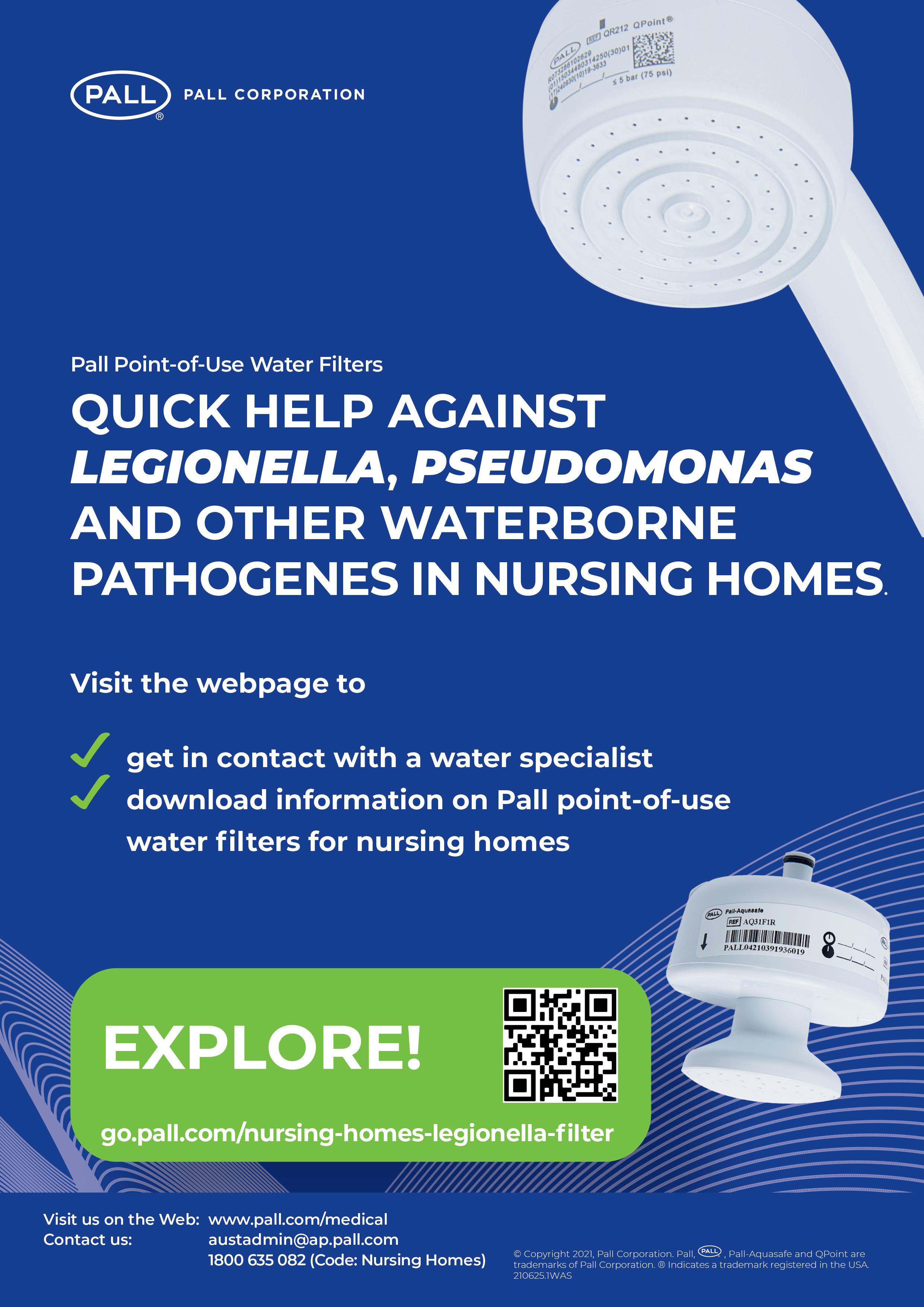
3 minute read
The three E’s of remote building operation
Christian Schiemann
Market Development Manager – Building Automation, ABB
Advertisement
The smart building movement is all about value, and remote operation is increasingly coming into its own for generating even greater value for building and facility managers. We are seeing this play out through the three Es of remote building operation: efficiency gains, environmental gains and experiential gains. Importantly, they empower each other. The efficiency often drives environmental savings, and better experiences are made possible through greater efficiency, and so on.
With remote access to building management systems for building managers, all aspects of a building’s energy use can be monitored and controlled without the need to be on site. Remote monitoring optimises energy use and environmental value with absolute convenience. The task can now suit timing, not a person’s physical location, which further increases the likelihood of proactive, improved decision-making. And of course, this goes well beyond pure energy use into the realm of designing and managing better workplace experiences and in the case of hospitals, improved operational efficiency, safety and comfort for hospital personnel and patients.
Remote building management taken to the next level
For building managers, a major point of value with remote operation is remote maintenance. Not only can building managers look at what may be wrong, they can fix certain functions remotely through smart building technology. Alternatively, they might be working with a systems integrator and, through remote management, give them access to dial in and look at the problem remotely. This capability offers huge value. By the time they arrive, they may have fixed it or, if not, they know what the issue is and can come better prepared. This saves time on site and potentially avoids wasted materials from vague diagnoses, which in turn create cost savings. For building users, the gain is better up-time and productivity.
Particularly when a system integrates multiple data sources, it also means that energy use can be understood and optimised more readily, reducing its overall draw on the environment. For building managers, a significant advantage is the ability to monitor and manage issues in real-time. Additional savings are in streamlined operations and
maintenance costs – in materials and labour – with remote operation enabling pin-point precision to further that value. For example, building managers can remotely measure energy consumption and identify areas that are not performing well so they know where to focus investigation and, potentially, investment.
Calvary Adelaide Hospital is a perfect example of implementing building automation solutions, featuring intelligent and integrated building control for easier lighting management and increased flexibility, security, economic efficiency and convenience. Featuring ABB’s i-bus® KNX solution, coupled with DALI (digital addressable lighting interface), hospital personnel and maintenance staff have full command of the lighting functions. All these functions can be managed automatically according to a schedule, sunset or sunrise, or presence of people, or by the touch of a button. This level of controllable lighting system is key to energy saving, with the additional benefit of increased comfort and safety.
The smarts of cumulative value Efficiency gains, environmental gains and experiential gains – when they work in synergy, they create real cumulative value. With innovative, integrated solutions already available, building and facility managers have the technology at their fingertips to make homes and buildings intelligent with energy-efficient and future-oriented technology. A building that saves you 30% in operating costs. Remote access from across the room or across the globe. Climate and lighting controls that are aware of the time and date. This is the future of smart buildings available today.
Christian has more than two decades of experience in the smart buildings and smart home industry in Australia, Germany and UK, helping customers to achieve more sustainable and automated building outcomes. In his Market Development Manager role, Christian is responsible for representing ABB’s building automation solutions in Australia and New Zealand, mainly with an approach of an open protocol solution (KNX), and promoting the advantages of automation across industries to stakeholders in a building process. Christian has participated as a keynote speaker at a range of industry events in the UK and Australia focusing on emergency efficiency in buildings and the impact on the global carbon footprint.












